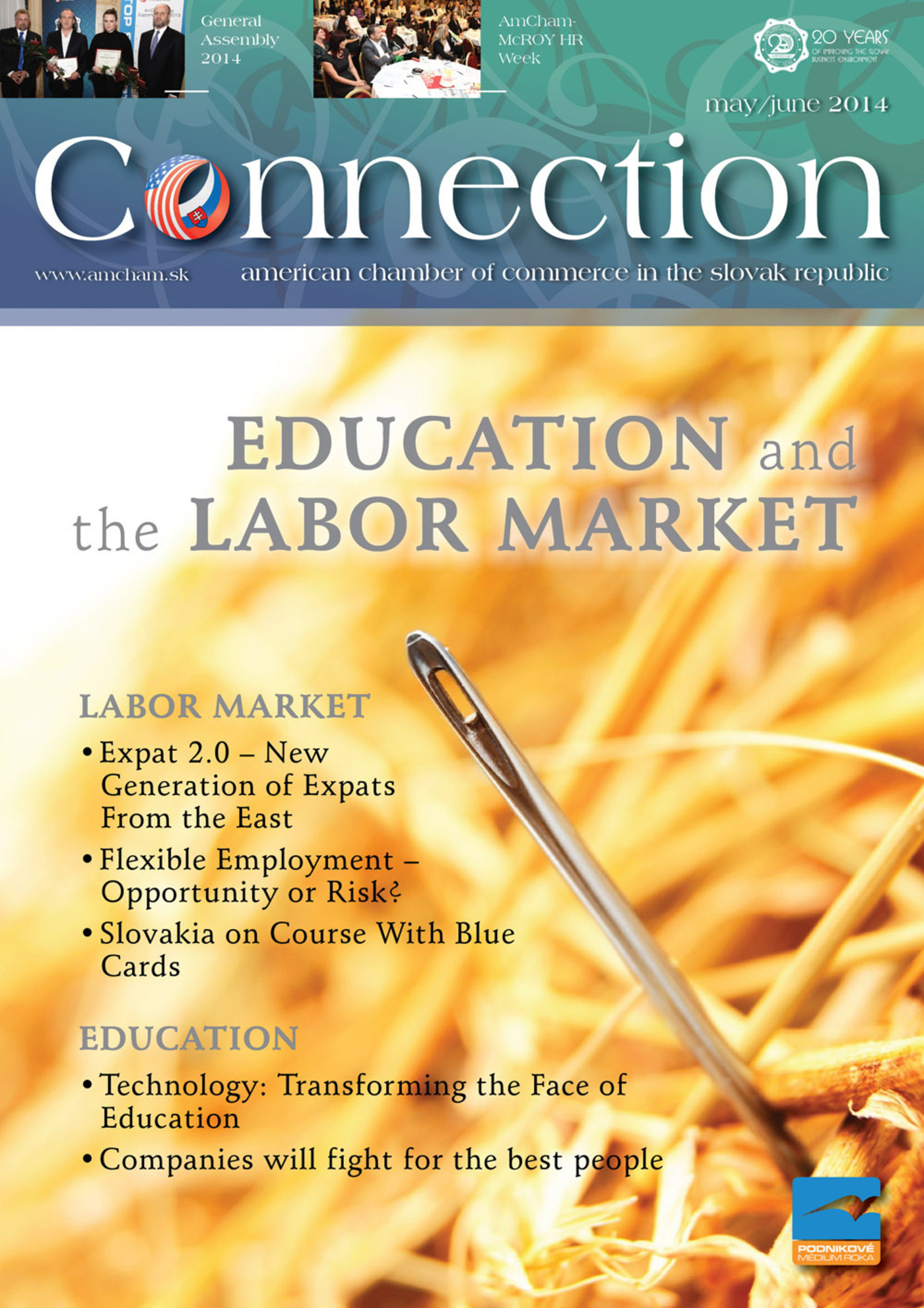Future shift and shock
As the curriculum of our schools evolves, we begin to spend more time trying to think through the realities of change that are with us today.
Population growth means that we now share the planet with around 7.2 billion others. In 1927 we were a mere two billion, in 1974 three billion and in 1987 five billion. The population explosion is exponential.
Urbanization and the migration into cities continues. In 1990 less than 40% of the global population were urban dwellers; now the figure is over 50% and by 2050 it is expected to have risen to 70 %. Homelessness is a growing global concern.
Issues of sustainability that surround energy, water and environmental degradation intensify and we are challenged by the realities of global warming and climate change. Though increasingly sophisticated processes of food production and distribution mean we are able to feed the world, starvation and malnutrition continue in areas wrecked by war and neglect.
Employment patterns are changing with automation and the full force of technology reducing the need for human labor in our fields and factories and offices.
Globalization has fostered new mobile professional and leisure communities who sustain global consumerism. The reach of global media technologies extending information and entertainment is unprecedented, irrepressible and unlimited.
With technology serving as the catalyst for the continually accelerating pace of change, the time may come when the artificial intelligence of our technology has progressed to a point where it is far more powerful than the sum of all human intelligence and control. The short video clip “Did you know?” by Karl Fisch is a powerful reminder (the video can be found on YouTube).
So where are we leading our children?
We will have to educate young people to understand a future where there is very little employment security and where a smaller and smaller percentage of the world’s population command a greater and greater share of the job market. Those who succeed will be skilled to move in and out of work continually moving in and out of teams across the globe with individuals coming together from many different national backgrounds according to need.
We will continue to foster competiveness to secure the best academic results while intensifying a commitment to a skills-based (rather than a knowledge-based) education.
We will embrace new notions of citizenship based on international-mindedness where young people commit to a global future supported by the philosophy and practices of the schools where they have grown up. At best, a philosophy helping each to become the best that they can be and striving for a fairer and a more caring world.
At The British International School Bratislava, we are well supported in our quest to follow through on these objectives.
As part of a worldwide group of schools, our students engage in the “global classroom”, our on-line learning forum, and take part in regular regional and international school exchanges. Global connectedness and international mindedness prepare students for the employment realities ahead.
As lead learners our staff commit to continuing professional development through Nord Anglia University with opportunities for face to face and on-line professional development linking teachers working within our organization around the world. There is a future of continuing learning.
We achieve high academic results and are very data driven in our approach taking much from the best practices in corporate business. Student performance is carefully monitored and benchmarked against international standards and the performance patterns of students in our other schools. We commission leading consultancies to better understand market trends, to survey student, parent and employee satisfaction and engagement, and to help us evaluate efficiencies within our local operation. The combined result of this support is a commitment to continuing improvement and accountability that permeates the school.
As a group of schools, we think carefully about progression routes to universities locally, in the UK, in the Americas and the Asia-Pacific region. A central educational resource unit operates out of Oxford to provide educational guidance and counselling services for each of our schools. Linked to this, through still fledgling, we are beginning to make closer links with business and industry to better understand the present and future job markets within different sectors.
As a response to this article, we welcome closer relationships with companies represented in the Chamber who may become our future employers for our students believing that the young people growing up in The British International School Bratislava will all progress to enjoy positions of future leadership and make significant contributions to enhance the wealth and wellbeing of the globalized world that they inherit and forge.
Matthew Benjamin Farthing, Principal, The British International School Bratislava



Follow us